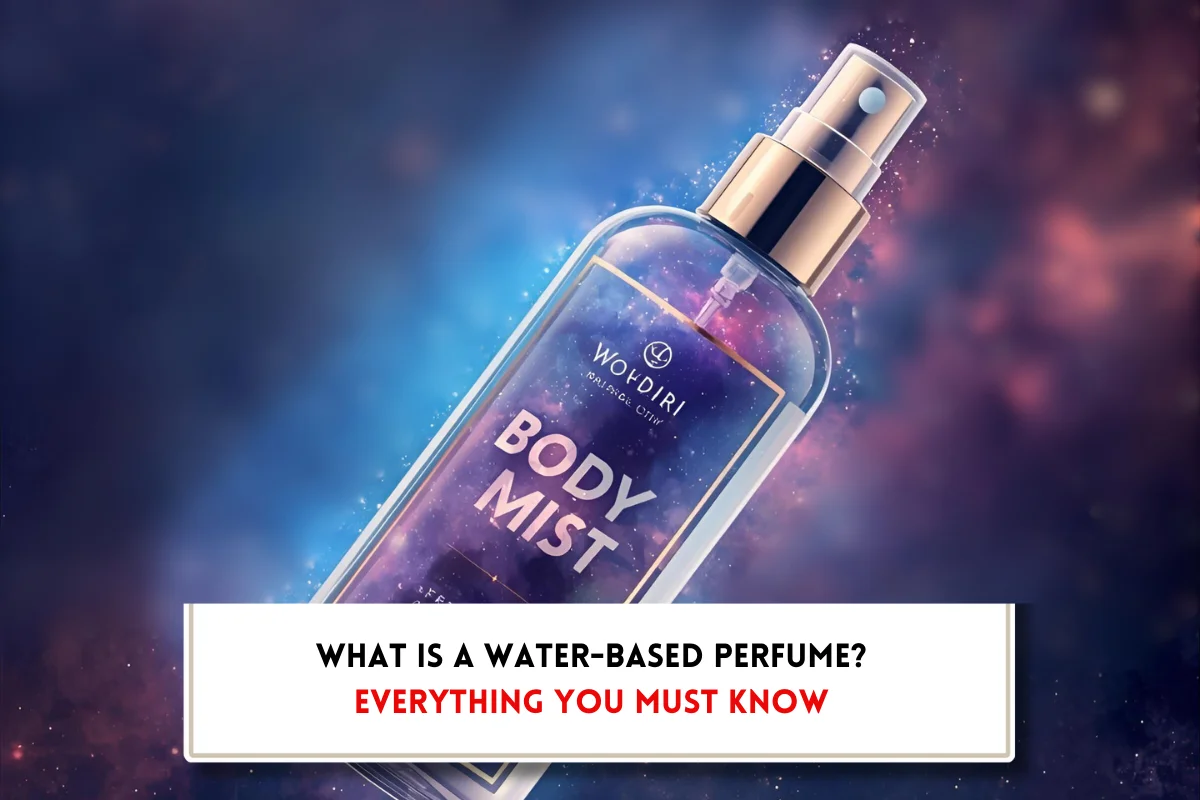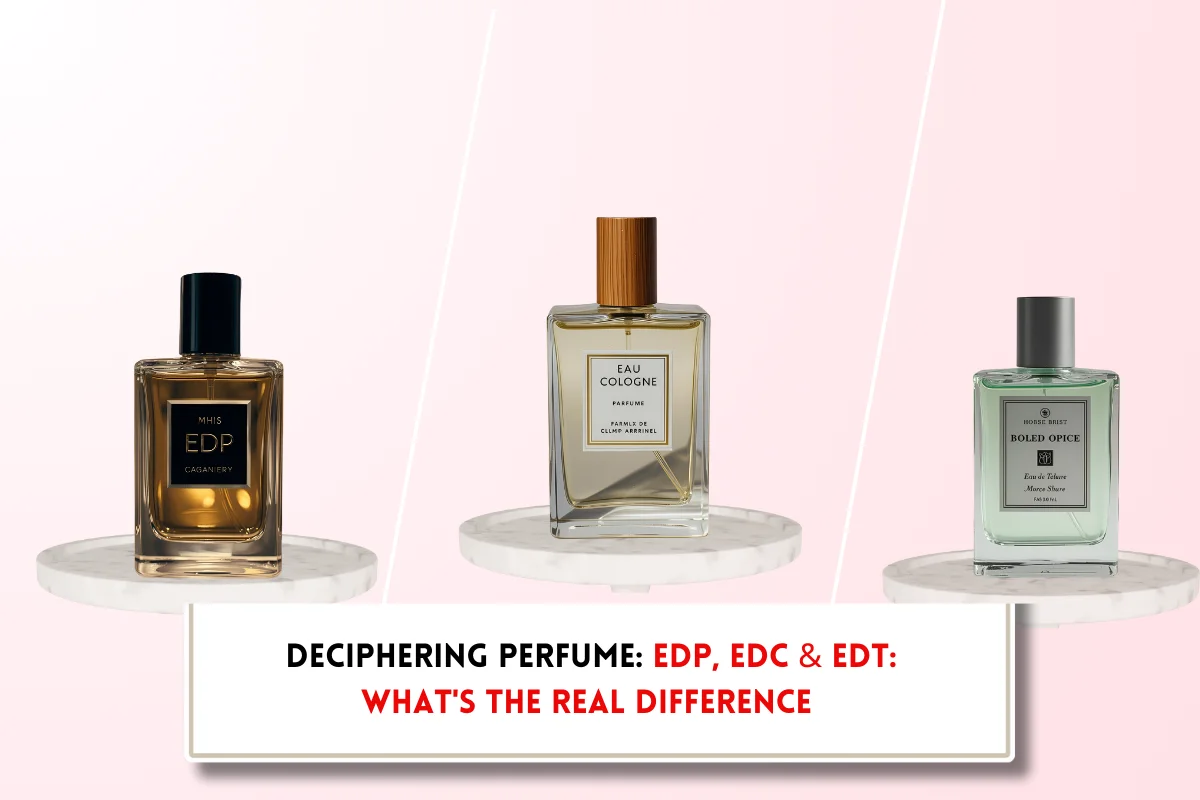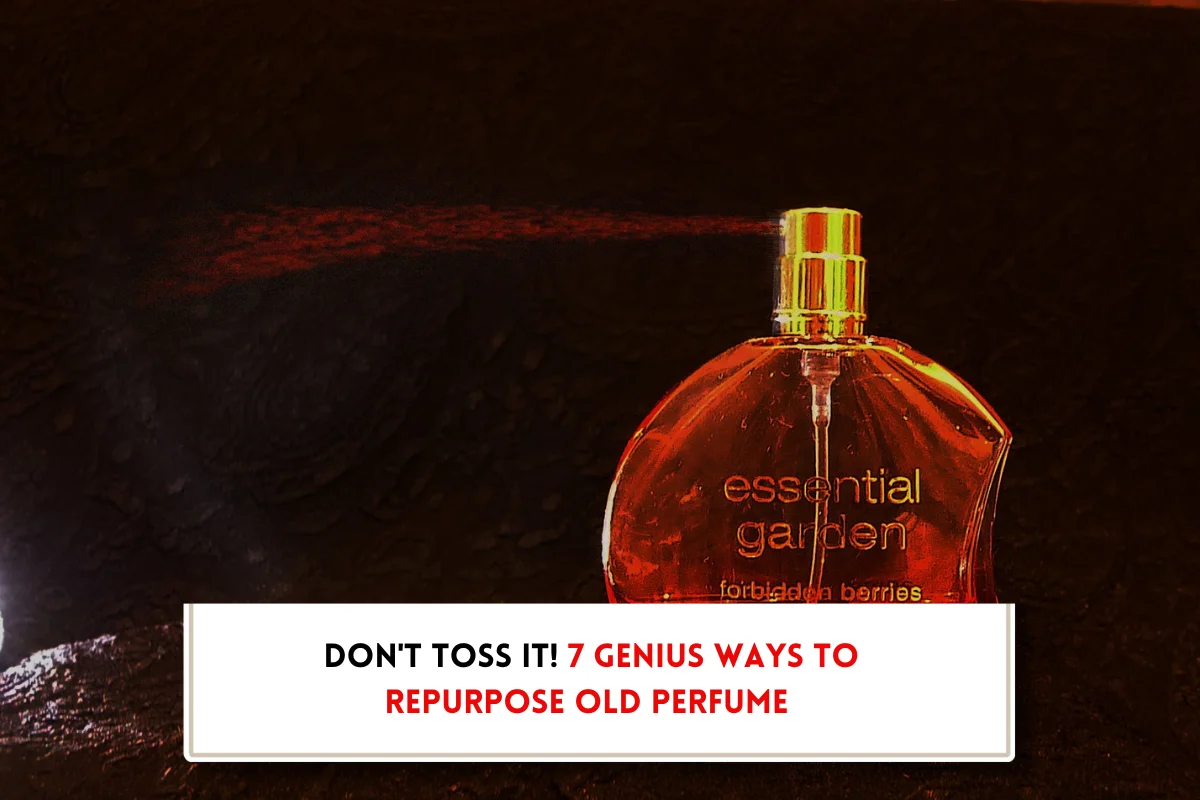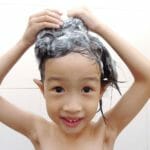Shower shock: Which type of water is generally preferred for shampooing?
At BeautyCaters, our expert team independently curates every recommended product. Purchases through our links may earn us a commission. Explore our transparent selection process.
Water is life, but did you know its type you use shampooing cast a significant difference on hair health and efficacy of hair care products? From soft to hard, and everything in between, which type of water is generally preferred for shampooing? This article explores the correlation between water type and hair health, addressing the question.
- Understanding water types
- Comparison of different types of water
- Effects of water type on hair
- How water quality impact hair?
- Hard water and its effect on hair
- Soft water and its benefits
- Distilled water as an hair wash alternative
- How to choose the right water for your hair?
- The Final Word: Which type of water is generally preferred for shampooing?

Understanding water types
The quality of water used for shampooing significantly influences hair health. Let’s break down the different types of water and their potential effects on your locks:
- Hard water: Contains high concentrations of minerals like calcium and magnesium, which can leave hair feeling dry and brittle.
- Soft water: Low in mineral content, soft water is generally gentler on hair, promoting softness and manageability.
- Distilled water: Purest form of water, free from minerals and impurities, but not ideal for daily hair washing due to its lack of essential nutrients.
- Tap water: The most common water source, its quality varies based on location and treatment processes.
Comparison of different types of water
Hard water
Hard water is water with high mineral content, typically calcium, and magnesium. When you use hard water for shampooing, the minerals build up on your hair over time hair turns dull and less manageable, turning it look lifeless, dull, and dry.
Soft water
Soft water is the ideal choice for optimal hair care. Its low mineral content allows shampoo to lather effectively, removing dirt and oil without stripping away essential moisture. This results in hair that feels softer, smoother, and more manageable.
Soft water helps maintain the hair’s natural pH balance, preventing dryness and frizz. Additionally, it can reduce product buildup, allowing hair to absorb moisture and styling products more efficiently.
Distilled water
Distilled water is another option for hair washing. This purified water undergoes a boiling and condensation process, removing all impurities and minerals. By eliminating potential irritants, distilled water can enhance the effectiveness of your shampoo and conditioner.
Using distilled water can be particularly beneficial for individuals with sensitive scalps or those experiencing issues related to hard water buildup. It helps to maintain optimal hair health by providing a clean and mineral-free environment for your hair care routine.
Tap water
Tap water quality can vary significantly based on location and treatment processes. While convenient, tap water often contains impurities like chlorine and minerals, which can negatively impact hair health. Excessive mineral content in hard water can lead to dryness, buildup, and a dull appearance.
To optimize hair care, individuals living in areas with hard tap water may consider using filtered water, distilled water, or installing a water softener to mitigate the negative effects on their hair.
Effects of water type on hair
Water type impacts shine, softness, and scalp health. Here is how water type effect hair
| Water Type | Characteristics |
| Hard Water | High mineral content leave residue on hair. |
| Soft Water | Low in minerals, promotes easier lathering and rinsing. |
| Distilled Water | Pure water without impurities, gentle for cleansing. |
| Tap Water | Varies in composition; can contain chlorine and chemicals. |
How water quality impact hair?

Clearly, the quality of water you use for shampooing can significantly impact the health of your hair. Different types of water — whether it’s hard, soft, or distilled — can affect your hair texture, porosity, scalp health, and the efficacy of hair products.
Hair texture and porosity
One crucial aspect to consider is your hair texture and porosity. Hard water, which contains high levels of minerals like calcium and magnesium, can make your hair feel rough and dry. Conversely, soft water tends to be gentler, allowing your hair to retain moisture, thereby enhancing its natural shine and softness.
Scalp health
An often overlooked element of water quality is its influence on scalp health. Hard water can lead to product build up and irritation on your scalp, which may trigger dandruff or other scalp conditions. In contrast, using softened or distilled water can help reduce these issues, promoting a healthier scalp environment that is free from excessive mineral deposits.
Porosity plays a key role in how your hair interacts with various water types. If your hair is high porosity, it can absorb minerals from hard water quickly, making it feel heavier and harder to manage. If you have low porosity hair, it may resist moisture, leading to dryness and frizz. Therefore, knowing your hair’s porosity can guide you in choosing the right water type for washing.
Product efficacy
Health and beauty products often have different chemical compositions that may react poorly with hard water. Using hard water can diminish the effectiveness of shampoos and conditioners, leading to lackluster results.
It is imperative to understand that the effectiveness of your hair care products can significantly decline when used with hard water. The mineral deposits can inhibit the cleansing agents in shampoo from effectively doing their job. As a result, you may find that products do not foam well or leave residues behind, negating their benefits. For optimal results, consider using soft or distilled water to enhance the performance of your favorite hair care products.
Related: Can you use dry shampoo on wet hair?
Hard water and its effect on hair
To mitigate the effects of hard water, consider using a water softener, installing a shower filter, or opting for clarifying shampoos to remove mineral buildup.
- Mineral buildup: Any time you wash your hair with hard water, you might notice mineral buildup on your scalp and strands. This buildup can create a film that makes your hair feel dull and lifeless. It may even lead to more frequent washing, as you try to rid your hair of this residue.
- Reduced lathering: With hard water, you may find it challenging to achieve a rich lather when using your shampoo. Hard water interacts negatively with the surfactants in shampoo, which are responsible for creating foam. As a result, you might end up using more shampoo than necessary to attain a satisfying clean, which not only impacts the lather but also reduces the overall effectiveness of your shampoo and leave your hair feel less clean.
- Color Fading: Impact of hard water on your color-treated hair can be significant. The minerals in hard water can interact with hair dye, causing it to fade more quickly than it normally would. This leaves you feel dissatisfied with the color you worked hard to achieve. You may require specialized clarifying shampoos or treatments to combat the effects of mineral deposits.
Soft water and its benefits
Soft water, characterized by a low mineral content, offers several advantages for hair health. By minimizing mineral buildup, soft water enhances the effectiveness of shampoo, leading to improved hair manageability and appearance. Here are some key benefits of using soft water when shampooing:
- Reduced mineral deposits: Reduced mineral deposits mean fewer buildup issues. When you use soft water, you minimize the accumulation of hard minerals that can stick to your hair strands and scalp. This results in cleaner hair that is easier to manage and style.
- Enhanced lather and rinse: Lathering is more effective with soft water. It helps your shampoo create a rich lather, allowing it to cleanse your hair more efficiently. Additionally, rinsing out products becomes easier; reducing the time, you spend in the shower.
- Reduced mineral deposits: Mineral deposits in hard water can inhibit the lathering process by clinging to the shampoo instead of allowing it to bind to your hair. With soft water, the shampoo can foam better, leading to a thorough wash that reaches every strand. This means you can use less product while achieving the same, if not better, results.
- Long-term hair health: Rinse your hair in soft water for enhanced long-term health. Consistent use of soft water helps maintain your hair’s natural oils, keeping it nourished, and reducing dryness. This contributes to overall hair vitality and shine.
Distilled water as an hair wash alternative

All hair care enthusiasts should consider the benefits of using distilled water for shampooing. This purified form of water can enhance your hair care routine, offering several advantages over regular tap water.
- Purity and absence of impurities: Distilled water is perfectly pure. It undergoes a process that removes all minerals and impurities, leaving you with a clean base for your shampoo. Elimination of these unwanted elements, distilled water helps ensure that your hair receives the best possible treatment without interference from chemicals or hard water deposits.
- Use in DIY hair care solutions: Distilled water serves as an imperative ingredient in your DIY hair care remedies– shampoos, conditioners, or hair masks. Distilled water provides a fresh slate, allowing active ingredients to perform effectively, which improve absorption and enhance the overall results of your hair treatments.
Despite the fact that water is a seemingly simple ingredient in our daily lives, not all water is created equal, especially when it comes to shampooing. The type of water you use can have a significant impact on the effectiveness of your shampoo and the overall health of your hair. In this chapter, we will compare different types of water commonly used for shampooing and explore their effects on your hair.
How to choose the right water for your hair?
Selecting the appropriate water type for your hair is essential for achieving optimal results. By understanding the characteristics of different water types and their impact on hair health, you can make informed decisions to enhance your hair care routine.
- Identify your hair type: With a variety of hair types — straight, wavy, curly, and coily — determining your specific texture and porosity is key. Each hair type may have different reactions to water, making it crucial for you to know whether your hair is fine, thick, oily, or dry. This knowledge will guide you in selecting the most suitable water type for your shampooing routine.
- Assess water quality in your area: With the increasing concern about water quality, assess the water in your area. It’s advisable to check with your local water authority for hardness levels and the presence of any contaminants. If your water has a high mineral content, it can leave residue on your hair, making it dull and hard to manage. So, you might need to consider alternative options, like using a filter or opting for distilled water, for better results during shampooing.
The Final Word: Which type of water is generally preferred for shampooing?
So, which water type wins the hair care crown? While soft water generally takes the lead due to its gentle nature, the optimal choice ultimately depends on your hair type and the specific water quality in your area. Experimenting with different water types or using water filtration systems can help you determine the best solution for achieving your desired hair goals. Remember, healthy hair starts with a healthy scalp, and understanding the role of water in your hair care routine is a crucial step towards achieving luscious locks.










